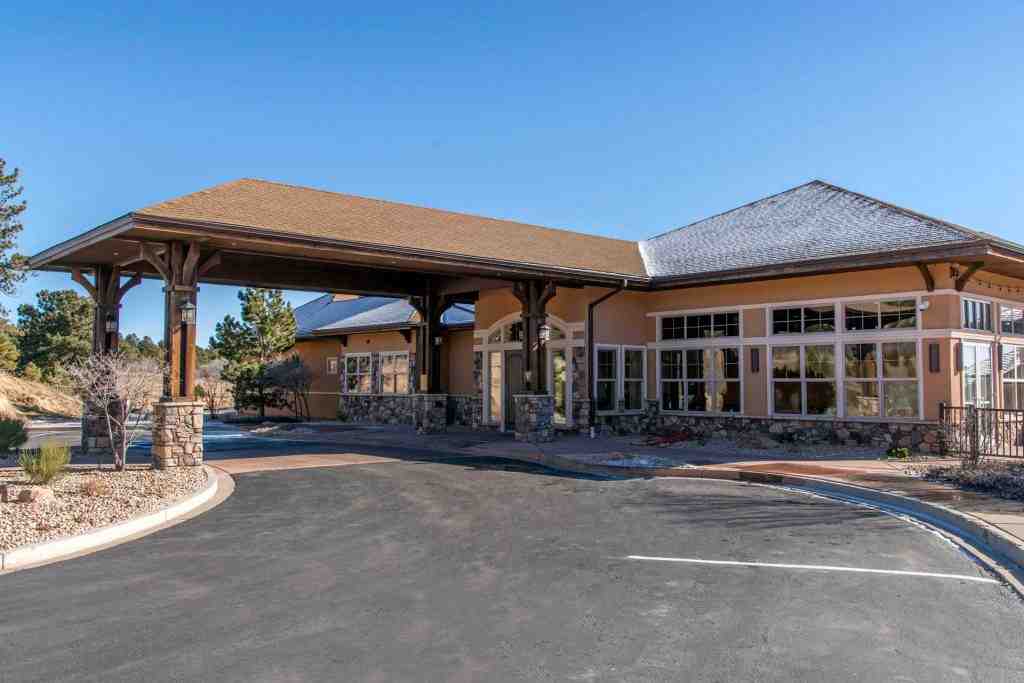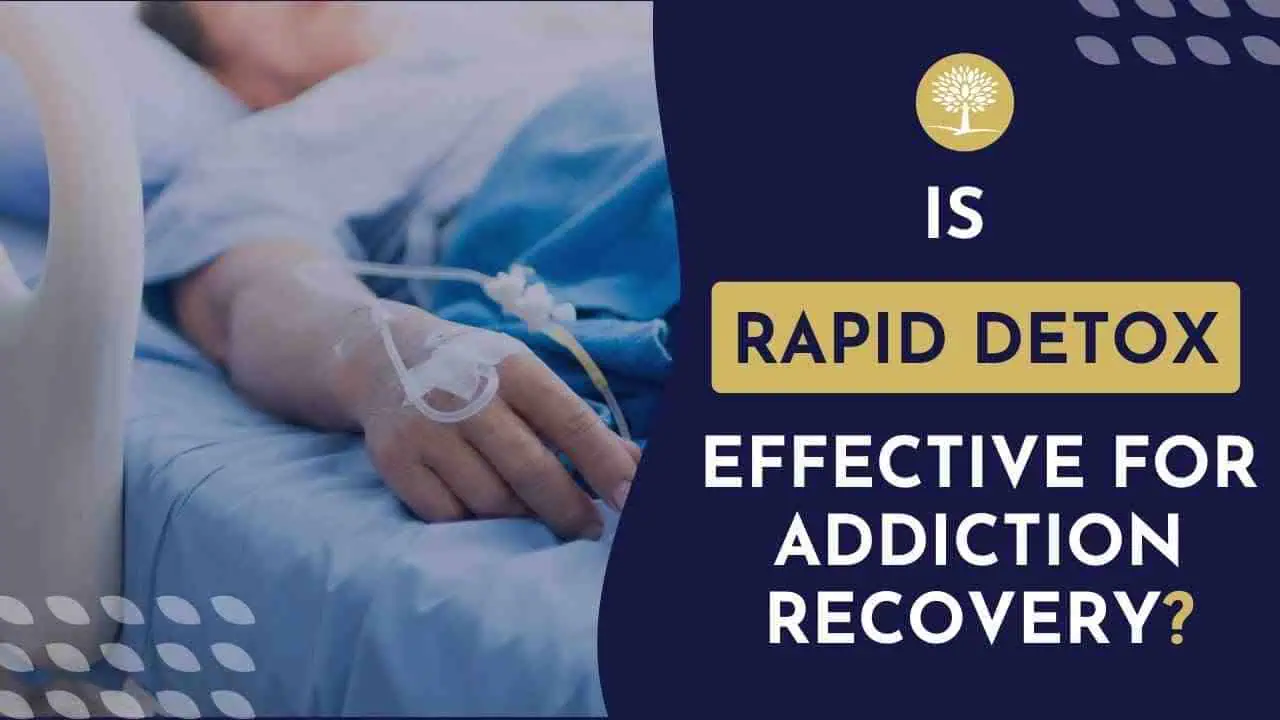
Nashville, Tennessee, known worldwide as the “Music City,” is celebrated for its vibrant country music scene, rich history, and southern hospitality. Yet, beyond its iconic landmarks and musical history, Nashville also plays a pivotal role in addressing the growing issue of substance abuse and addiction. Addiction is a complex and multifaceted disease that impacts individuals, families, and communities, and Nashville is home to a wide array of alcohol and drug addiction treatment centers that offer essential care and rehabilitation.
Substance abuse has become a pressing concern in the city, and the services available in Nashville are designed to cater to the needs of those who are struggling with addiction. In this guide, we will provide an in-depth overview of the addiction treatment options available in Nashville, focusing on the types of treatment programs, the importance of professional care, and how to select the right facility to begin the journey toward recovery.
Addiction in Nashville: The Scope of the Problem
Substance Abuse Trends in Nashville
Like many parts of the United States, Nashville has been significantly affected by the opioid crisis. Thousands of residents are battling opioid dependency, but the scope of addiction in the city extends beyond opioids. Alcohol remains one of the most widely abused substances, and there has been a troubling rise in methamphetamine use, as well as the abuse of benzodiazepines and other prescription medications. The epidemic of substance use in Nashville has led to an increased demand for effective treatment options and resources that can help individuals manage and overcome their addictions.
Impact on Families and Communities
Addiction not only impacts the individual but also reverberates through families, workplaces, and the wider community. Relationships often become strained, and families may face emotional turmoil, financial instability, and health challenges. The loss of productivity, the strain on social services, and the emotional toll addiction takes on loved ones make it clear that this is a societal issue that requires attention and intervention. Seeking professional help is the first step toward breaking the cycle of addiction and rebuilding lives.
Find Hope and Healing: Call Us Now!
Take the first step towards a brighter future! If you or a loved one is seeking support for substance abuse, we are here to help. Call us today and let our dedicated team guide you to the right treatment options. Your path to recovery starts now!
- Connect with an expert addiction specialist 24/7/365
- Learn about treatment costs
- Arrange fast access to a treatment program
Request a Call
OR
Make a Call
The Importance of Seeking Professional Treatment
Why Is Addiction a Disease?
Addiction is a chronic disease that affects the brain’s reward system, changing how individuals think, feel, and behave. It involves compulsive substance use despite negative consequences. Because addiction alters brain function, it is not simply a matter of willpower or a moral failing. Treatment for addiction requires specialized care, as the disorder often co-occurs with mental health conditions and requires long-term intervention and support.
Benefits of Professional Treatment
1. Medical Supervision:
Medically supervised detox programs are crucial for safely managing withdrawal symptoms and avoiding potential complications.
2. Structured Environment:
Residential treatment centers provide a structured environment that minimizes distractions and triggers, offering clients the stability they need to focus on recovery.
3. Personalized Care Plans:
alcohol drug rehab centers create individualized treatment plans that cater to each person’s unique needs and challenges, increasing the chances of successful recovery.
4. Support Systems:
Access to qualified therapists, counselors, and peer support groups ensures that individuals have a strong network to lean on throughout their recovery journey.
Types of Alcohol and Drug Addiction Treatment in Nashville
1. Inpatient Rehab Programs
Inpatient rehab programs are designed for individuals who need intensive, around-the-clock care. These programs typically range from 30 to 90 days and offer a comprehensive approach to treatment.
Key Benefits of Inpatient Rehab:
- 24/7 Care: Clients have access to constant medical and emotional support, which is crucial during the early stages of recovery.
- Intensive Therapy: Therapy sessions, both individual and group, help individuals address the underlying causes of their addiction.
- Holistic Therapies: In addition to traditional counseling, holistic therapies such as art therapy, yoga, and meditation help promote emotional healing and overall well-being.
2. Outpatient Treatment Options
Outpatient programs provide a more flexible treatment option for those who are able to maintain their daily responsibilities while receiving addiction care. These programs are typically recommended for those with mild to moderate addiction or for those who have completed an inpatient program and need ongoing support.
Types of Outpatient Care:
- Partial Hospitalization Programs (PHPs): PHPs provide a higher level of care than traditional outpatient therapy, with clients attending treatment for several hours a day, multiple days a week, but returning home in the evenings.
- Intensive Outpatient Programs (IOPs): These programs involve several therapy sessions per week to help individuals manage their addiction and prevent relapse.
- Standard Outpatient Therapy: This is a less intensive option where clients attend therapy on a less frequent basis, often once a week or bi-weekly.
3. Detoxification Services
Detoxification is typically the first step in addiction treatment. Nashville offers medically supervised detox programs to help individuals safely manage withdrawal symptoms. These programs ensure that clients are monitored 24/7 and receive appropriate medical interventions as needed.
Features of Detox Programs:
- Medical Supervision: Continuous monitoring by medical professionals ensures safety during the withdrawal process.
- Medications: Medications may be used to ease withdrawal symptoms and reduce cravings.
- Psychological Support: Detox programs often include counseling or therapy sessions to address emotional and psychological issues during withdrawal.
4. Specialized Treatment Programs
Nashville’s addiction treatment centers offer specialized programs designed to meet the unique needs of certain populations.
Types of Specialized Programs:
- Dual Diagnosis Treatment: Many individuals struggle with both addiction and mental health disorders. Dual diagnosis programs treat both conditions simultaneously, improving the likelihood of long-term success.
- Faith-Based Programs: These programs integrate spirituality and religious teachings as part of the healing process.
- LGBTQ+ Focused Programs: LGBTQ+ individuals may benefit from treatment programs that create a safe and inclusive environment to address both addiction and identity-related challenges.
- Programs for Teens and Young Adults: Specialized programs for younger individuals focus on addressing addiction and mental health issues in an age-appropriate manner.
5. Medication-Assisted Treatment (MAT)
MAT combines FDA-approved medications with counseling and therapy to treat opioid and alcohol addiction. This approach helps manage cravings, reduce withdrawal symptoms, and improve recovery outcomes.
Find Hope and Healing: Call Us Now!
Take the first step towards a brighter future! If you or a loved one is seeking support for substance abuse, we are here to help. Call us today and let our dedicated team guide you to the right treatment options. Your path to recovery starts now!
- Connect with an expert addiction specialist 24/7/365
- Learn about treatment costs
- Arrange fast access to a treatment program
Request a Call
OR
Make a Call
Key Features of Nashville Rehab Centers
Evidence-Based Therapies
Nashville rehab centers emphasize the use of evidence-based therapies that have been shown to be effective in treating addiction.
Common Therapies Include:
- Cognitive-Behavioral Therapy (CBT): This therapy helps individuals identify and change negative thought patterns and behaviors associated with their addiction.
- Dialectical Behavior Therapy (DBT): DBT focuses on teaching individuals how to manage intense emotions and improve relationships.
- Trauma-Informed Care: Many individuals with addiction also have a history of trauma. Trauma-informed care is an approach that recognizes the impact of trauma and integrates it into treatment.
Holistic Treatment Options
In addition to traditional therapy, many treatment centers in Nashville offer holistic therapies that address the mind, body, and spirit.
Common Holistic Therapies Include:
- Acupuncture and Massage Therapy: These therapies help promote relaxation and reduce stress, supporting the recovery process.
- Fitness Programs and Nutritional Counseling: Healthy living is a key part of recovery, and physical fitness and proper nutrition can support long-term sobriety.
- Equine Therapy: Equine therapy involves working with horses and can help individuals develop trust, confidence, and emotional awareness.
Family Involvement
Family therapy is a vital component of addiction treatment in Nashville. These sessions help family members understand addiction, improve communication, and repair relationships that may have been damaged by addiction.
How to Choose the Right Rehab Center in Nashville
Factors to Consider
Choosing the right rehab center is an essential step in the recovery process. Consider the following factors when making your decision:
- Accreditation: Ensure the rehab center is accredited by organizations like The Joint Commission or CARF to ensure it meets high standards of care.
- Cost and Insurance Coverage: Check if your insurance plan covers addiction treatment or if the center offers payment options.
- Location and Amenities: Decide whether you prefer a treatment center within the city or a more private, secluded setting.
- Specialized Programs: Make sure the center offers the services that best meet your unique needs, such as dual diagnosis treatment or programs for young adults.
Steps to Take
- Research: Take the time to research treatment centers in Nashville and read reviews from former clients.
- Inquire: Call centers to inquire about their services, treatment programs, and eligibility requirements.
- Visit: Schedule a tour of the center to get a sense of the environment and ask questions about their approach to treatment.
Long-Term Recovery Support
Aftercare Services
Successful addiction recovery does not end after treatment. Many Nashville rehab centers offer aftercare programs to ensure continued support.
Aftercare Services May Include:
- Continued Therapy: Ongoing therapy sessions to reinforce recovery.
- Relapse Prevention: Plans and strategies to help prevent relapse in the long term.
- Support Groups: Participation in support groups like AA or NA.
Sober Living Homes
Sober living homes in Nashville provide a structured environment for individuals transitioning from treatment to independent living. These homes help build accountability and offer ongoing support.
Community Support in Nashville
Nashville has a vibrant recovery community, and numerous local resources are available for individuals in recovery.
Key Community Resources Include:
- Alcoholics Anonymous (AA): Multiple AA meetings held throughout the city.
- Narcotics Anonymous (NA): A supportive network for those recovering from drug addiction.
- Faith-Based Organizations: Many churches and religious groups offer recovery support programs.
- Local Counselors and Therapists: Several licensed therapists in Nashville specialize in addiction counseling.
Find Hope and Healing: Call Us Now!
Take the first step towards a brighter future! If you or a loved one is seeking support for substance abuse, we are here to help. Call us today and let our dedicated team guide you to the right treatment options. Your path to recovery starts now!
- Connect with an expert addiction specialist 24/7/365
- Learn about treatment costs
- Arrange fast access to a treatment program
Request a Call
OR
Make a Call
Conclusion
If you or a loved one is struggling with addiction, Nashville offers a range of treatment options and resources that can help. With a variety of inpatient and outpatient programs, specialized services, and a strong recovery community, Nashville is committed to providing the support needed to heal and recover. Remember, seeking help is the first step toward a healthier, sober future.
More About: Nashville, Tennessee
FAQs: Alcohol & Drug Addiction Treatment in Nashville, Tennessee
1. What types of addiction treatment are available in Nashville?
2. How do I choose the right rehab center in Nashville?
3. Does insurance cover addiction treatment in Nashville?
4. What is the role of family in addiction recovery in Nashville?
5. What happens after treatment in Nashville?
Our helpline is 100%
free & confidential
If you or someone you care about is struggling with drug or alcohol addiction, we can help you explore your recovery options. Don’t face this challenge alone—seek support from us.
Programs
Resources
Will my insurance
cover addiction
treatment?
We're ready to help
Find the best
drug or alcohol treatment
center
Are you or a loved one struggling with addiction? Call today to speak to a treatment expert.












